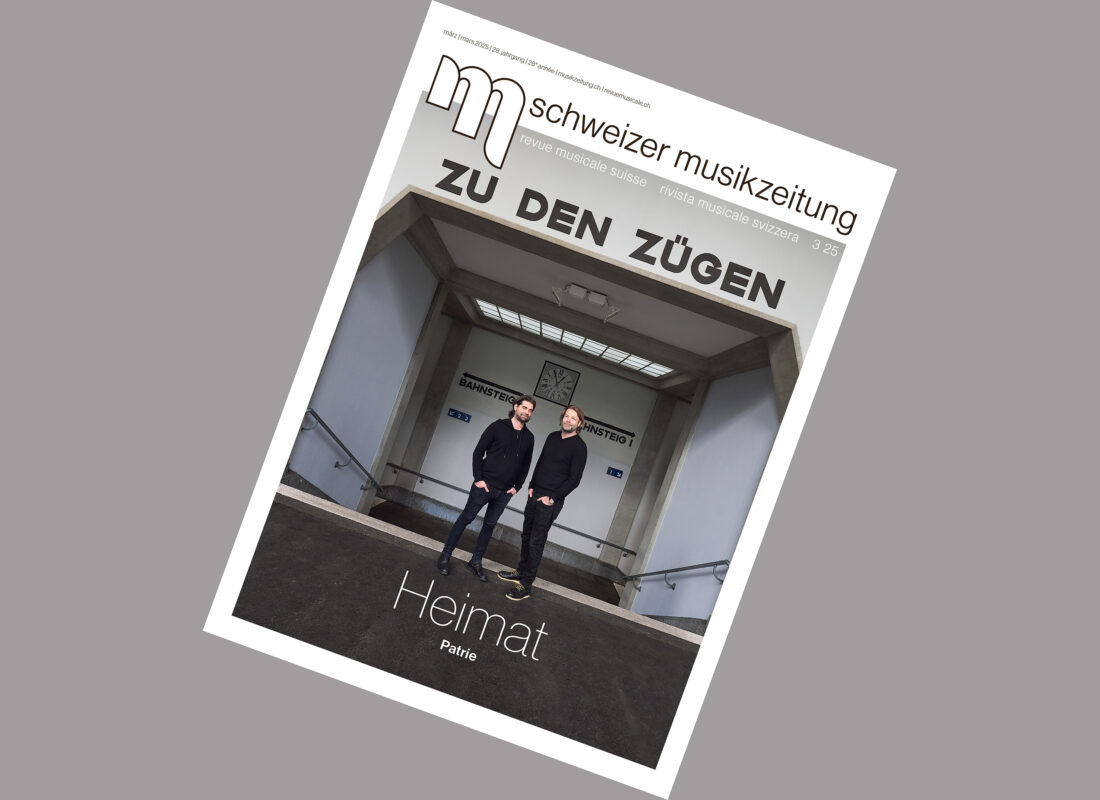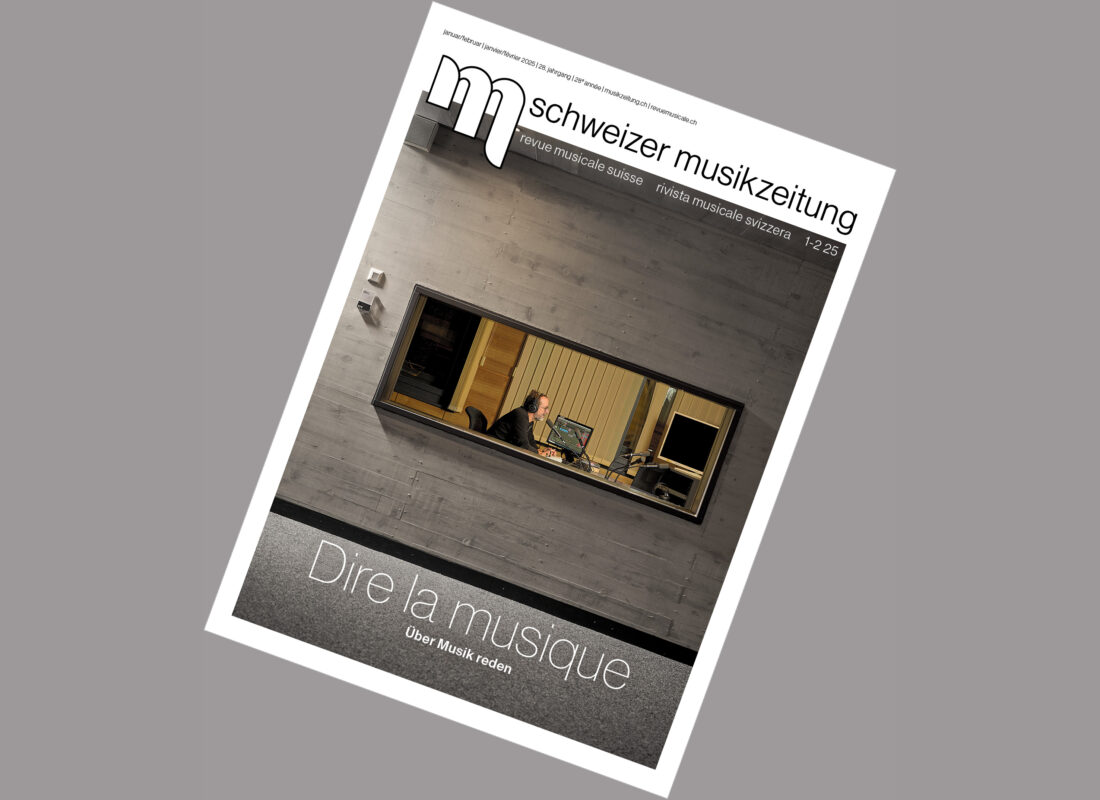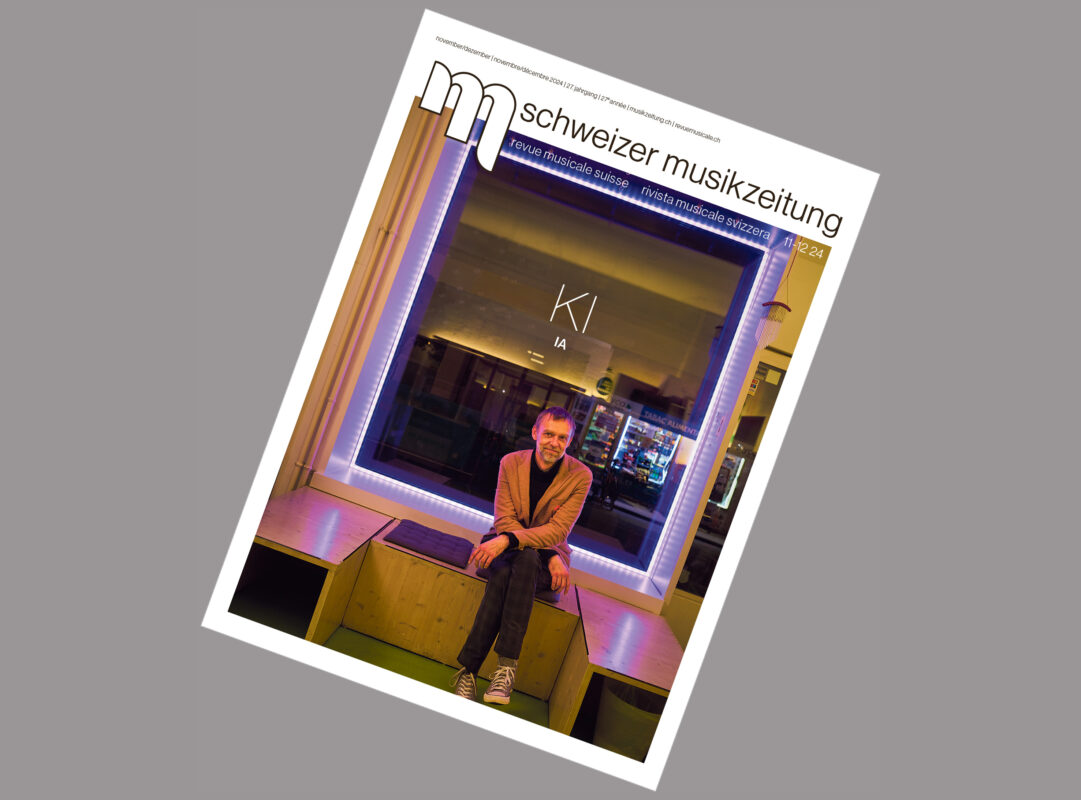Petrol pump Copyright
They would tap into the listener's wallet. The collecting societies are often accused of this. Wrongly so, because in order for music to exist, those who create it must be remunerated. Fortunately, things are not looking too bleak for Suisa in the increasingly digital music market. In fact, 2017 was a year of transition.


They would tap into the listener's wallet. The collecting societies are often accused of this. Wrongly so, because in order for music to exist, those who create it must be remunerated. Fortunately, things are not looking too bleak for Suisa in the increasingly digital music market. In fact, 2017 was a year of transition.
In 2017, the copyright income generated from digital music use (streaming and downloading) was higher than that from the production of sound recordings for the first time. The development from physical data carriers to online files is taking place everywhere, including in audiovisual offerings, where traditional video stores have almost completely disappeared while download portals such as Netflix have taken their place.
For Suisa and the rights holders, this shift is tantamount to falling revenues, as the amounts paid are in proportion to the total amount that users pay for their music. As a rule, this is around 10 %. So if a music lover buys a CD for 15 francs, around 1.50 francs go to the authors, the one to ten people on average who created the music on the sound carrier. With a Spotify Premium subscription, on the other hand, around CHF 1.20 of the CHF 12.95 monthly fee is distributed among the authors of all the tracks that the subscriber listens to during this period. This leaves only a minimal amount for the individual composer or performer.
Suisa invests in the digital sector with Mint
Even though online revenues (CHF 7.9 million) have overtaken those from recorded music sales (CHF 6.5 million), these revenues taken together are still far below the level of 2000, when, one year before the launch of iTunes, they amounted to over CHF 30 million! Although it will certainly never be as high as it was 20 years ago for the reasons mentioned above, Suisa is exploiting every opportunity to increase income from music consumption on the Internet. Over a year ago, for example, it founded Mint Digital Services with the American collecting society Sesac, an organization that negotiates licensing agreements with online platforms. By joining forces with Sesac, Suisa is hoping for more favorable licensing conditions because the range of music that the two companies can offer the platforms together is also larger. For example, Sesac manages the rights of world-renowned musicians such as Bob Dylan and Adele.
The joint venture between Suisa and Sesac allows various competencies to be bundled, in particular the possibility of managing copyrights according to both the European and Anglo-Saxon "method". There are numerous differences, particularly in the remuneration of mechanical rights. This is essential when you consider that there has no longer been a territorial monopoly in the online sector since 2006: The collecting societies no longer represent the worldwide repertoire used via Swiss IP addresses, but only the works of their own members in numerous countries. Publishers and labels can also transfer the administration of their online repertoire to a collecting society of their choice. Although Mint is still in the introductory phase, the initial results are encouraging. For example, Warner/Chapell Music, the third largest music publisher in the world, has entrusted Mint with its repertoire for use via iTunes. Negotiations with other major publishers are ongoing.
Rising sales, in particular thanks to private copying
Despite the difficult conditions in online consumption, the overall trend in the area of copyrights is positive. In 2017, CHF 139.2 million was settled in Switzerland, CHF 2 % more than in 2016, in which very good results were also achieved. Performance rights (in particular concert recordings) increased slightly (to CHF 46.9 million, + 1 %). However, the highest increase was recorded for royalties for storage space in digital devices (royalties for private copying). This is mainly because these devices, especially smartphones, are making more and more storage space available.
Contrary to the criticism that is sometimes heard, it is the Suisa members who benefit greatly from this increased income. In 2017, in addition to the CHF 60 million distributed directly to authors and publishers, CHF 2.7 million went to the Fondation Suisa (www.fondation-suisa.ch), which forms an independent part of the company. And 8.1 million to the pension foundation for music authors and publishers. The Fondation Suisa promotes current Swiss music creation in all its facets, as well as projects related to music creation in the Principality of Liechtenstein. The pension foundation enables Suisa members to draw a maximum pension of CHF 38,500 from the age of 63.
The legal basis for the contributions to both foundations is Art. 48 of the Copyright Act. It stipulates that, with the approval of Suisa's General Assembly, parts of the exploitation proceeds can be used for the promotion of culture and social welfare. It should be emphasized that the approved CHF 10.8 million will not be charged to the music users, but will be deducted from the amounts to be distributed to the members. The members have a say in this, as they must approve this process at the General Meeting. The same deduction is also made from the remuneration paid to members of foreign collecting societies. They thus also make a contribution to the development of Swiss music and to the expansion of Suisa members' pension schemes.
Nicola Pont
... is Head of Legal Services at Suisa in French-speaking Switzerland.








